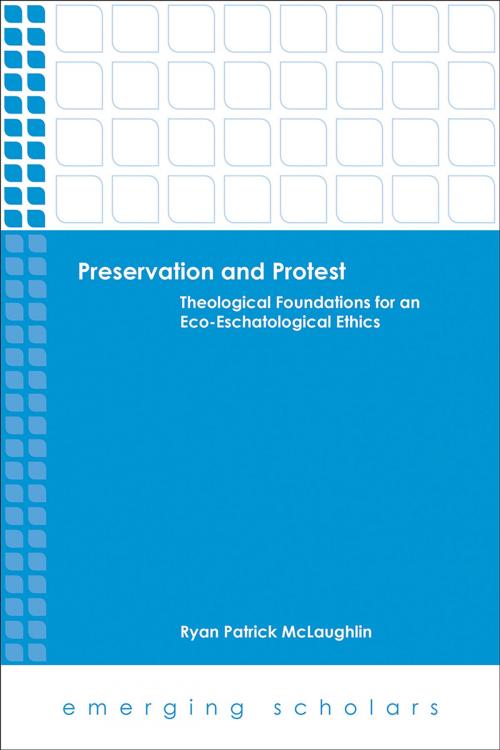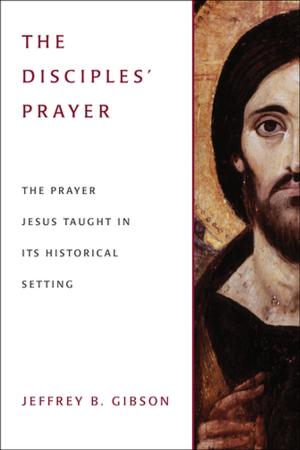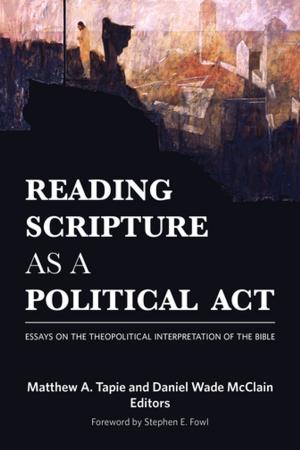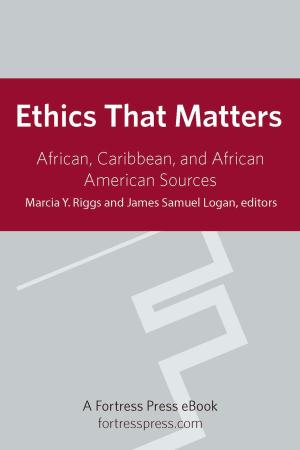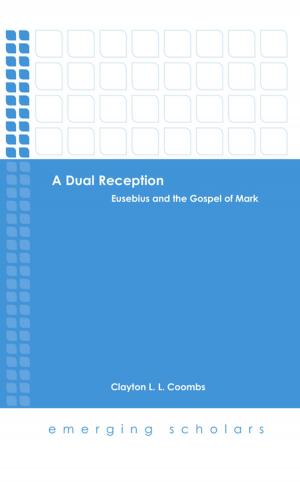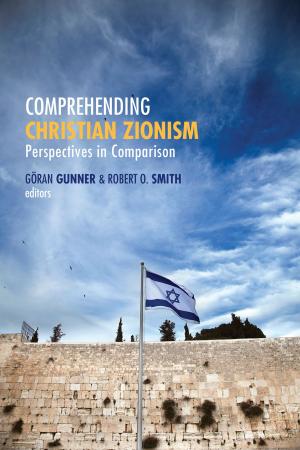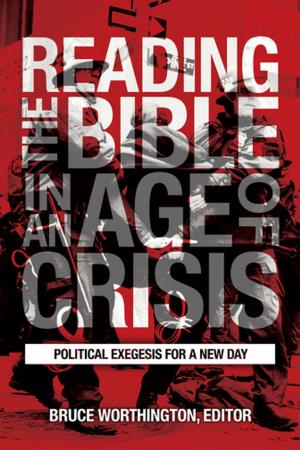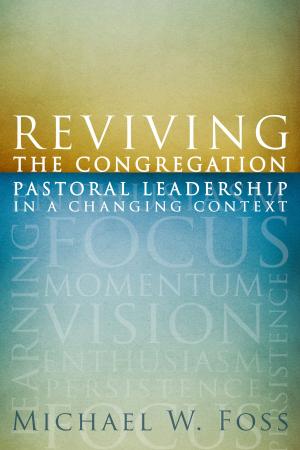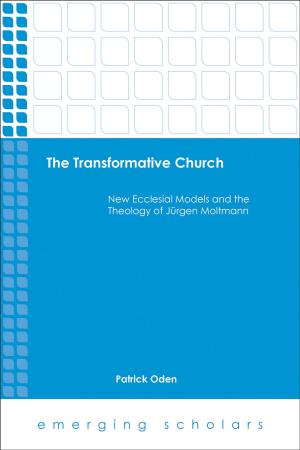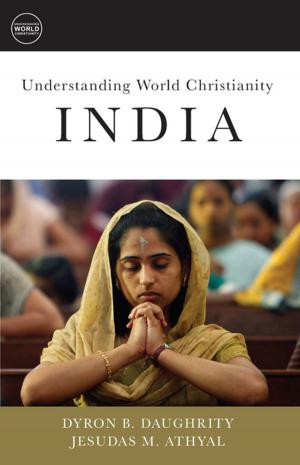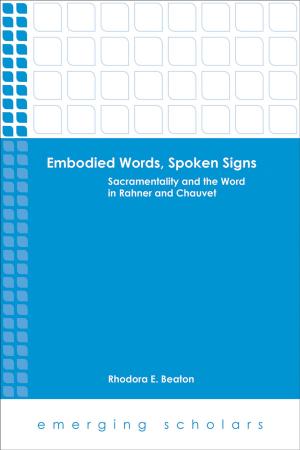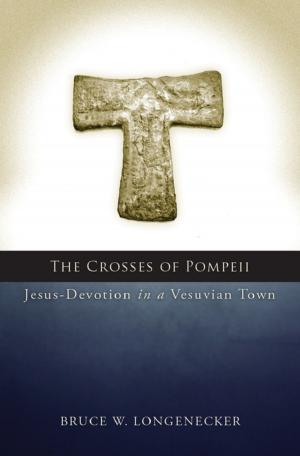Preservation and Protest
Theological Foundations for an Eco-Eschatological Ethics
Nonfiction, Religion & Spirituality, Theology, Christianity| Author: | Ryan Patrick McLaughlin | ISBN: | 9781451489484 |
| Publisher: | Fortress Press | Publication: | November 1, 2014 |
| Imprint: | Fortress Press | Language: | English |
| Author: | Ryan Patrick McLaughlin |
| ISBN: | 9781451489484 |
| Publisher: | Fortress Press |
| Publication: | November 1, 2014 |
| Imprint: | Fortress Press |
| Language: | English |
Preservation and Protest proposes a novel taxonomy of four paradigms of nonhuman theological ethics by exploring the intersection of tensions between value terms and teleological terms. These tensions arise out of the theological loci of cosmology, anthropology, and eschatology. The individual paradigms of the taxonomy are critically elucidated through the work of Thomas Aquinas, Thomas Berry, Dumitru Stăniloae, and Jürgen Moltmann and Andrew Linzey. McLaughlin systematically develops the paradigm of cosmocentric transfiguration, arguing that the entire cosmos—including all instantiations of life therein—shares in the eschatological hope of a harmonious participation in God’s triune life, a participation that entails the end of suffering, predation, and death. This paradigm yields an ethics based upon a tension between preservation and protest. With this paradigm, McLaughlin offers an alternative to anthropocentric and conservationist paradigms within the Christian tradition, an alternative that affirms both scientific claims about natural history and the theological hope for eschatological redemption.
Preservation and Protest proposes a novel taxonomy of four paradigms of nonhuman theological ethics by exploring the intersection of tensions between value terms and teleological terms. These tensions arise out of the theological loci of cosmology, anthropology, and eschatology. The individual paradigms of the taxonomy are critically elucidated through the work of Thomas Aquinas, Thomas Berry, Dumitru Stăniloae, and Jürgen Moltmann and Andrew Linzey. McLaughlin systematically develops the paradigm of cosmocentric transfiguration, arguing that the entire cosmos—including all instantiations of life therein—shares in the eschatological hope of a harmonious participation in God’s triune life, a participation that entails the end of suffering, predation, and death. This paradigm yields an ethics based upon a tension between preservation and protest. With this paradigm, McLaughlin offers an alternative to anthropocentric and conservationist paradigms within the Christian tradition, an alternative that affirms both scientific claims about natural history and the theological hope for eschatological redemption.
